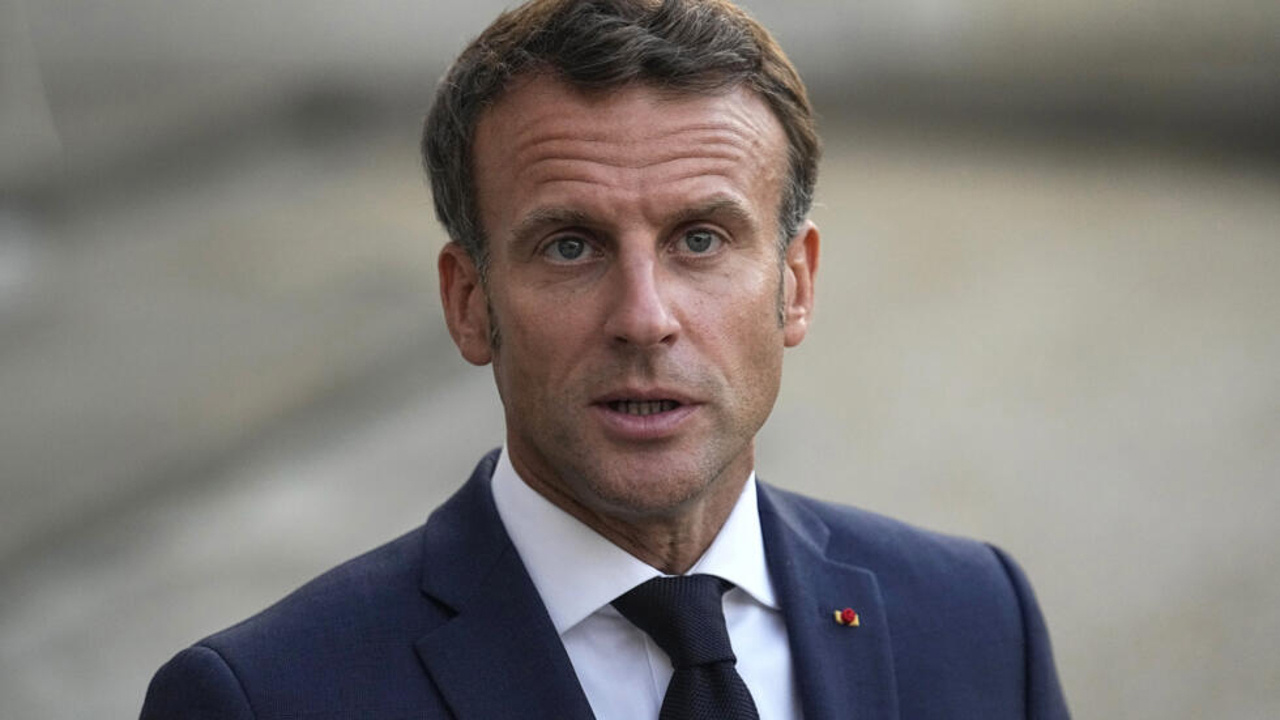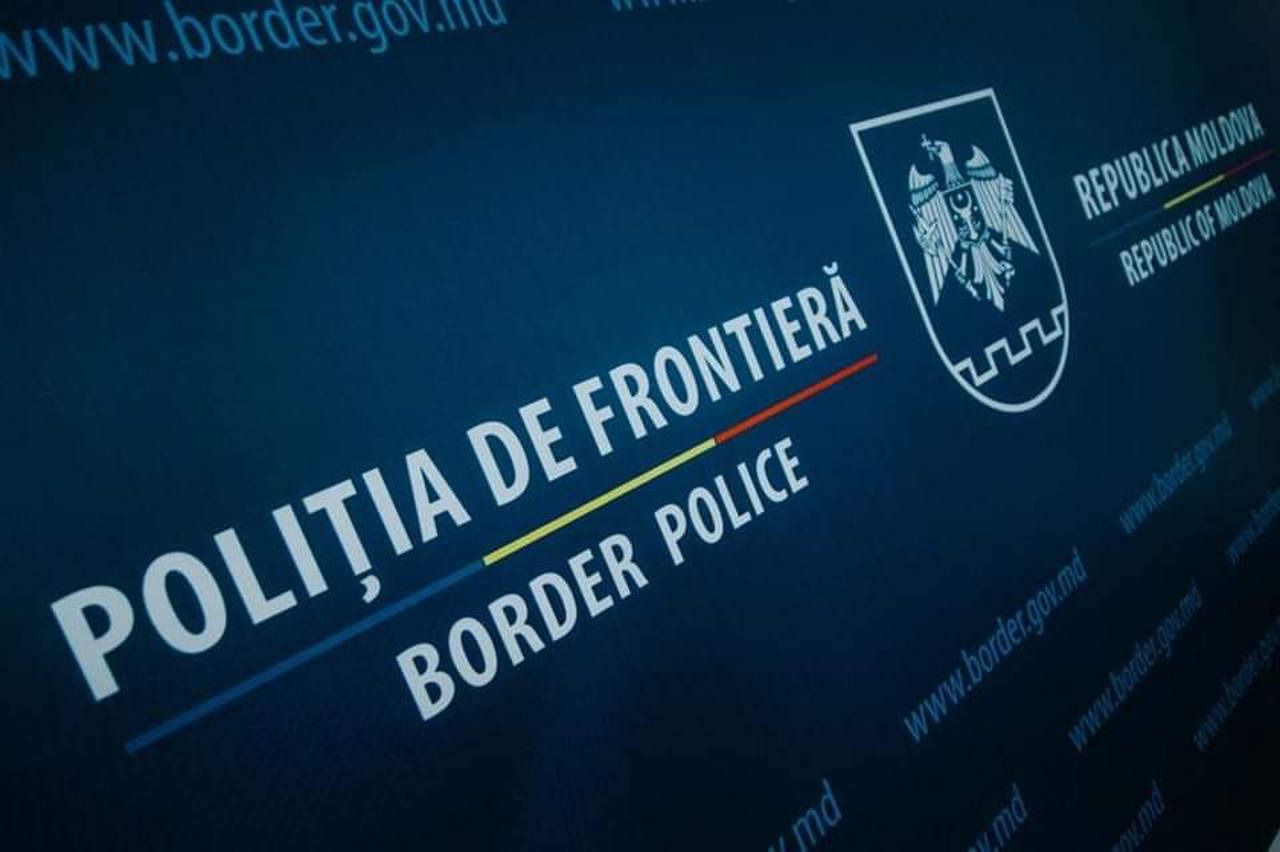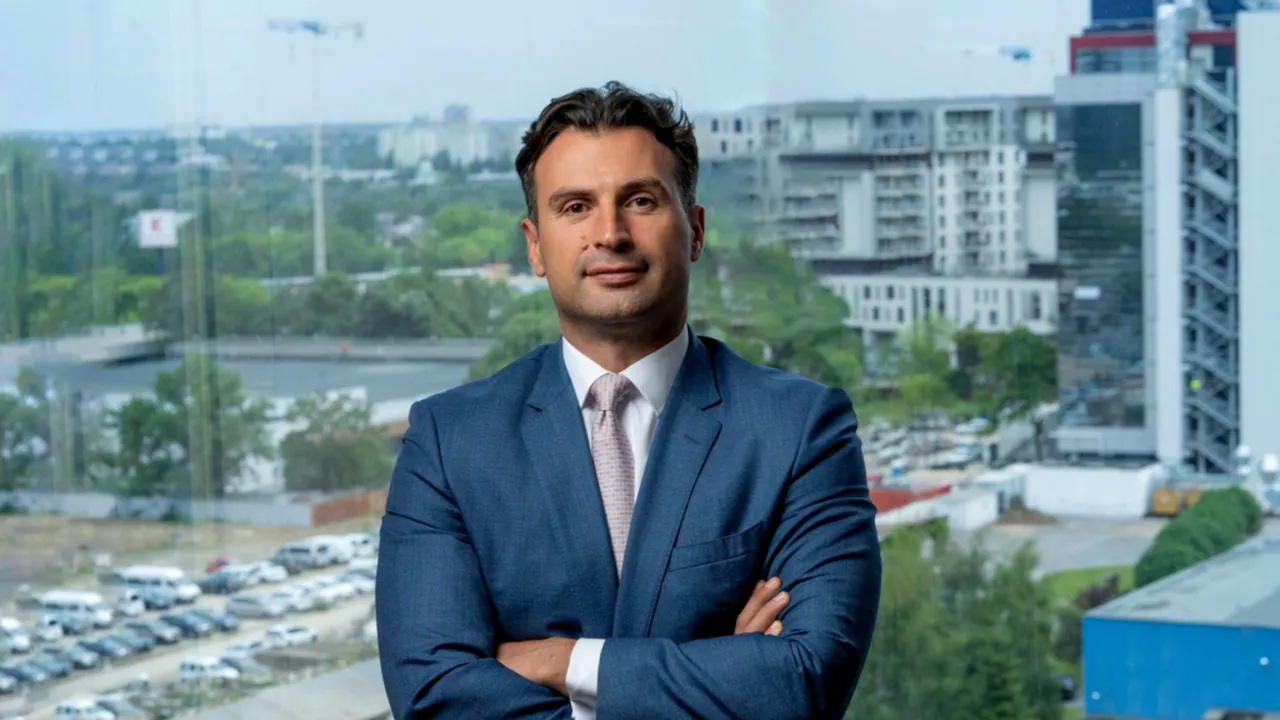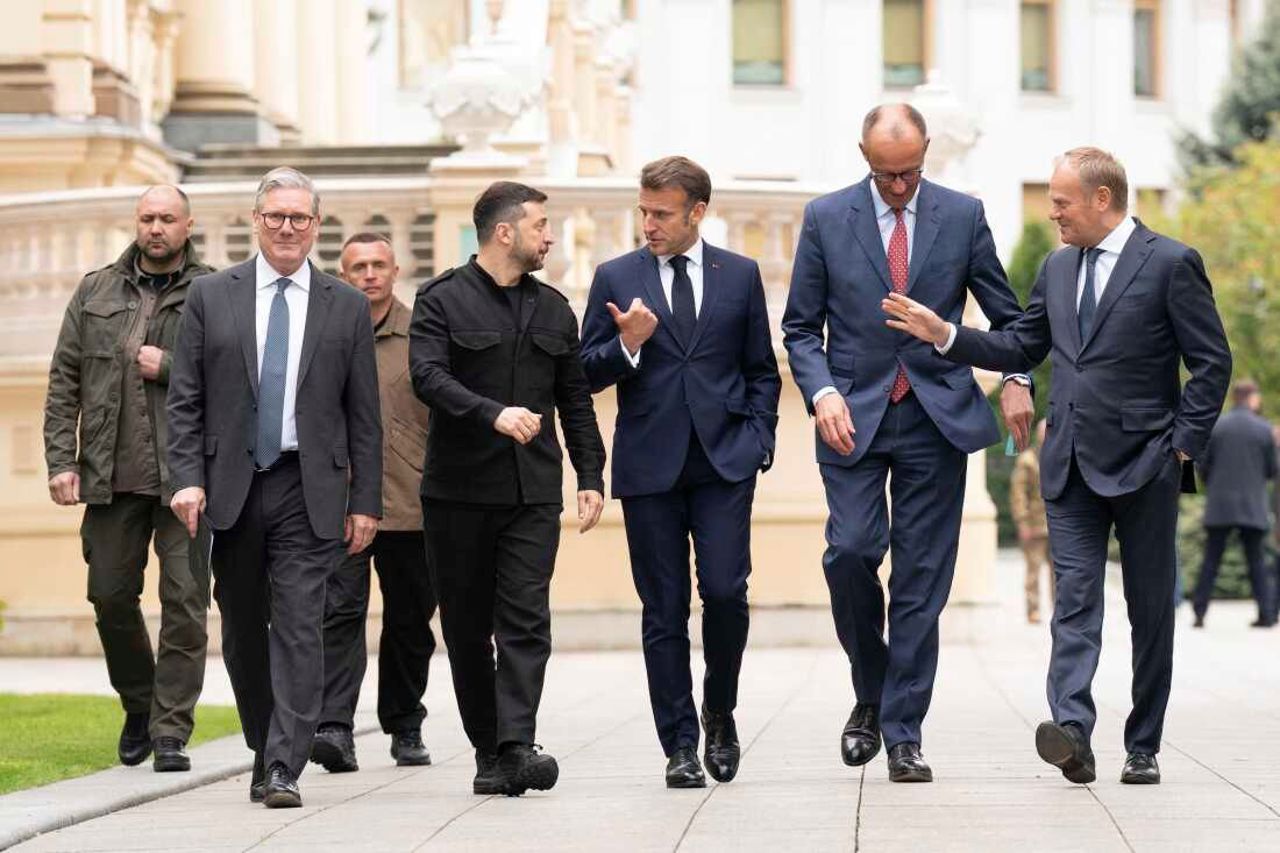Meeting in Paris// Emmanuel Macron emphasizes the need to defend the Republic of Moldova
French President Emmanuel Macron announced on Monday at the meeting in Paris five categories of actions approved by consensus by Western leaders, among them is the defense of countries directly threatened by Russia's invasion of Ukraine, including the Republic of Moldova.

According to the French president the five "categories of actions" approved by consensus involve cyber defense; co-production of weapons, military capabilities and ammunition in Ukraine; the defense of countries directly threatened by the offensive from Ukraine, such as the Republic of Moldova; "the ability to support Ukraine on its border with Belarus with non-military forces" and demining operations, according to francetvinfo.fr.
Macron said in Paris that sending Western troops on the ground in Ukraine should not be "ruled out" in the future, although he said that at this stage "there is no consensus" for this hypothesis, reports AFP.
"There is no consensus today to officially, assumed and approved, send ground troops. But in dynamics, nothing should be excluded. We will do everything necessary to ensure that Russia cannot win this war," the French president explained at the end of an international conference in support of Ukraine.
Also, the French president announced that Ukraine's allies will create a coalition to deliver medium- and long-range missiles to Ukraine, reports AFP, quoted by Agerpres and Digi24.ro.
It was decided to "create a coalition for long-range strikes and therefore medium- and long-range missiles and bombs," Emmanuel Macron announced at the end of the conference.
About twenty heads of state and government, most of them European, gathered yesterday in Paris, at the initiative of the French president, Emmanuel Macron, to strengthen support in favor of Ukraine.
The meeting, organized at the Elysee Palace, was also attended by Vladimir Zelensky, the president of Ukraine, had an intervention via video conference. The Paris meeting was attended by officials from the US and Canada, as well as British Foreign Secretary David Cameron.




